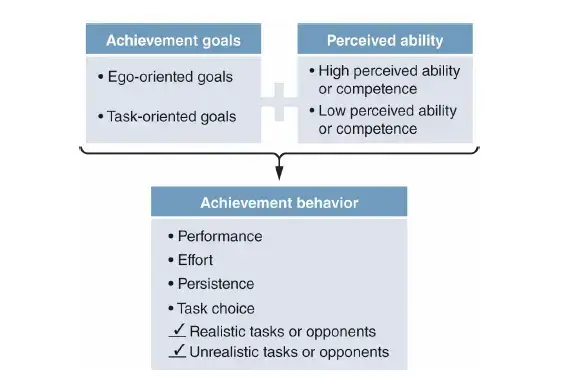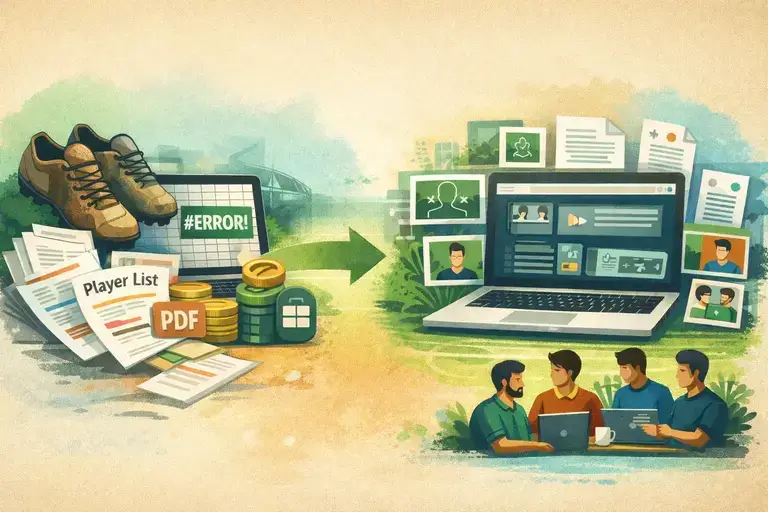Motivation and Competitiveness in Sports – Mind Games EURO 2024
Motivation and Competitiveness are fundamental aspects of human nature. As we witness the exhilarating matches of EURO 2024, it's clear that these elements drive athletes to perform at their best. The desire to achieve, to overcome obstacles, and to compete against others fuels the intense action we see on the field. Let's delve into the concepts of motivation and competitiveness and understand how they shape the journey of athletes. Concepts Motivation can be defined as the direction and intensity of one’s effort (Sage, 1977). To fully understand motivation, we must consider both the person and the situation and how they interact. Achievement Motivation refers to a person’s efforts to master a task, achieve excellence, overcome obstacles, perform better than others, and take pride in exercising talent. It is a person’s orientation to strive for task success, persist in the face of failure, and take pride in accomplishments (Gill, 2000). Competitiveness is defined as “a disposition to strive for satisfaction when making comparisons with some standard of excellence in the presence of evaluative others” (Martens, 1976). Martens views competitiveness as achievement behavior in a competitive context, with social evaluation as a key component. It is crucial to recognize that some individuals are highly oriented toward achievement in one setting (e.g., competitive sport) but not in others (e.g., academics). Achievement motivation and competitiveness are not solely about the final outcome or the pursuit of excellence but also about the psychological journey. It´s important to understand that motivational differences influence behaviors, thoughts, and feelings, including: • Choice of activity: Do you seek out opponents of equal ability to compete against or look for players of greater or lesser ability to play with? • Effort to pursue goals: How often do you practice? • Intensity of effort: How consistently hard do you try during a workout? • Persistence in the face of failure and adversity: When things get tough, do you work harder or take it easier? Achievement Goal Theory (Roberts, 2012; Dweck, 1986) According to the achievement goal theory, one is motivated by one’s “interpretation” of what it takes to achieve success. Achievement goal theory contends that a person’s achievement goals and her perceived ability interact to determine her motivation:

Le succès peut être atteint en battant les autres en compétition, ou en réussissant à apprendre ou maîtriser une tâche. Orientation vers la réussite : Orientation ego – centrée sur la victoire ou la performance supérieure aux autres Orientation tâche – centrée sur l’apprentissage ou la maîtrise d’une tâche (amélioration personnelle) Une orientation vers un objectif ego se concentre sur la comparaison des performances avec celles des autres et la volonté de les surpasser, tandis qu’une orientation vers un objectif tâche privilégie la comparaison avec ses propres standards et l’amélioration personnelle. Il est préférable d’adopter une orientation tâche, qui met l’accent sur la comparaison avec ses propres performances plutôt qu’avec celles des autres, surtout lorsqu’on apprend un ensemble de compétences importantes. Conseils pratiques Orientation vers l’avenir • Orienté tâche (Quelle est la prochaine étape ?) • Tâche par tâche (Que vais-je faire maintenant ?) • Étape par étape (Visualiser et planifier le processus) Événement en temps réel Cristiano Ronaldo dévasté après avoir manqué un penalty Même les meilleurs athlètes connaissent des moments de frustration et de déception. Cristiano Ronaldo a récemment vécu cela après avoir raté un penalty. Sa tolérance à la frustration et sa capacité à rebondir soulignent l’importance de la résilience pour maintenir motivation et compétitivité. Conclusion Les footballeurs sont des humains, avec leurs imperfections et leurs difficultés. En prendre conscience nous aide à apprécier la force mentale et émotionnelle nécessaire pour performer au plus haut niveau. Leurs parcours de motivation et de compétitivité nous inspirent à poursuivre nos propres objectifs avec détermination et résilience. Défi de la semaine Cette semaine, essayez de mettre en œuvre l’une de ces stratégies dans votre vie : • Fixez-vous un objectif orienté tâche et décomposez-le en petites étapes. • Pratiquez l’auto-dialogue et rappelez-vous de vos capacités. • Cherchez une activité challengeante et concentrez-vous sur vos efforts et vos progrès. Partagez votre expérience et comment cela vous a aidé à rester motivé dans la section commentaires ci-dessous. Profitons ensemble de ce voyage ! 🌍⚽



